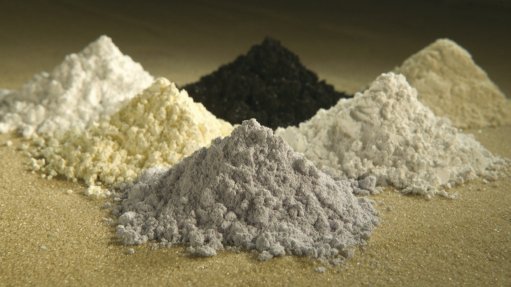
ASX-listed Ionic Rare Earths has achieved continuous production from its magnet recycling demonstration plant in Belfast, in the UK.
The facility has produced 11.5 kg of didymium oxide (neodymium and praseodymium oxide) grading 99.8%.
The plant is ramping up to its nameplate capacity of 10 t/y of rare earth oxide.
Ionic explains that the continuous production demonstrates the capability of the technology and the rationality for a commercial plant in Belfast, for which Ionic will be completing a feasibility study.
Successes from the demonstration plant also support a full operational plan for the demonstration plant through to mid-2025, Ionic states.
The company now has the first-mover advantage in the recycling of separated magnet rare earth oxides and is exploring opportunities to advance its UK and European market presence.
Ionic produces a suite of magnet rare earth oxides, including neodymium oxide, didymium oxide, dysprosium oxide and terbium oxide, and is the first to produce such high-quality products in the UK.
“Our Belfast facility is key to us harnessing our technology to accelerate our mining, refining and recycling of magnets and heavy rare earths which are critical for the energy transition, advanced manufacturing, and defence,” comments Ionic MD Tim Harrison.
He adds that the company’s supply chain partners have expressed significant interest in procuring rare earth oxides from secondary sources.
Some of Ionic’s sources of material include end-of-life wind turbines, components from used electric vehicles and metal alloy and magnet waste.
Global policies such as the European Union Critical Raw Materials Act and the US Inflation Reduction Act are supporting Ionic’s market strategy of deploying modular recycling initiatives in western markets and building a domestic rare earth recycling supply chain in the UK.